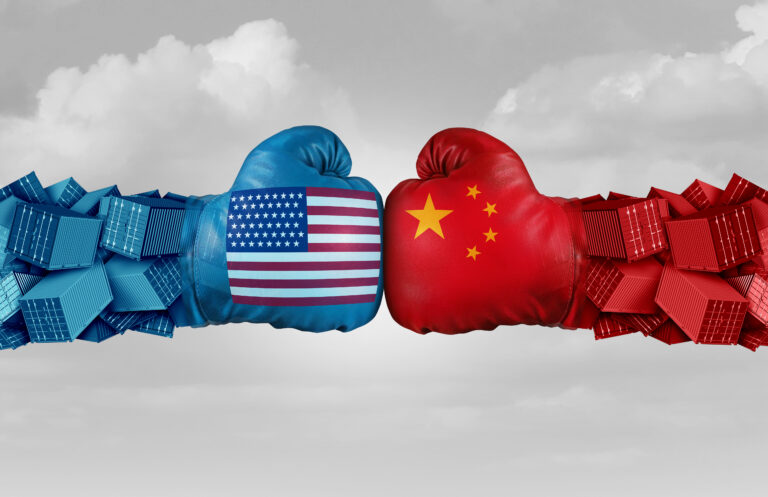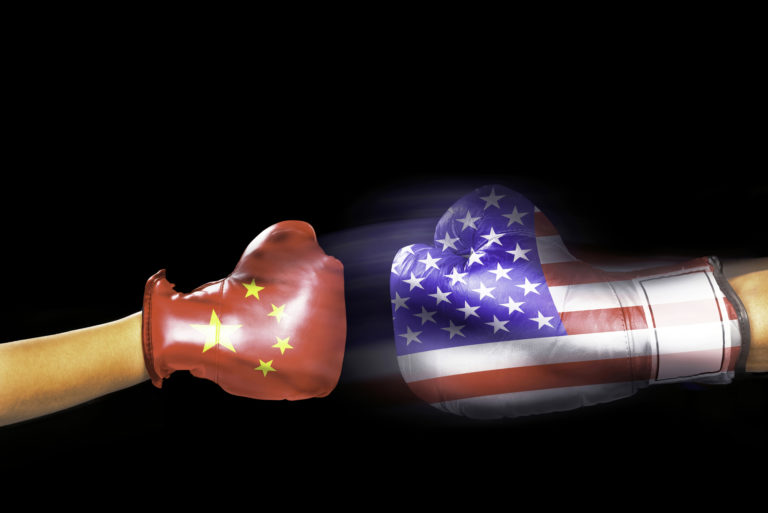
Negotiating Chinese Distributor Agreements (China to US)
As the China-US geopolitical environment continues be problematic, our clients and prospective clients have pivoted from joint venture relationships to distribution and similar licensing-type relationships. This is not a one-sided trend. We are seeing an increase in these distributor relationships going both into China and out of China. From the questions we receive, we see


















